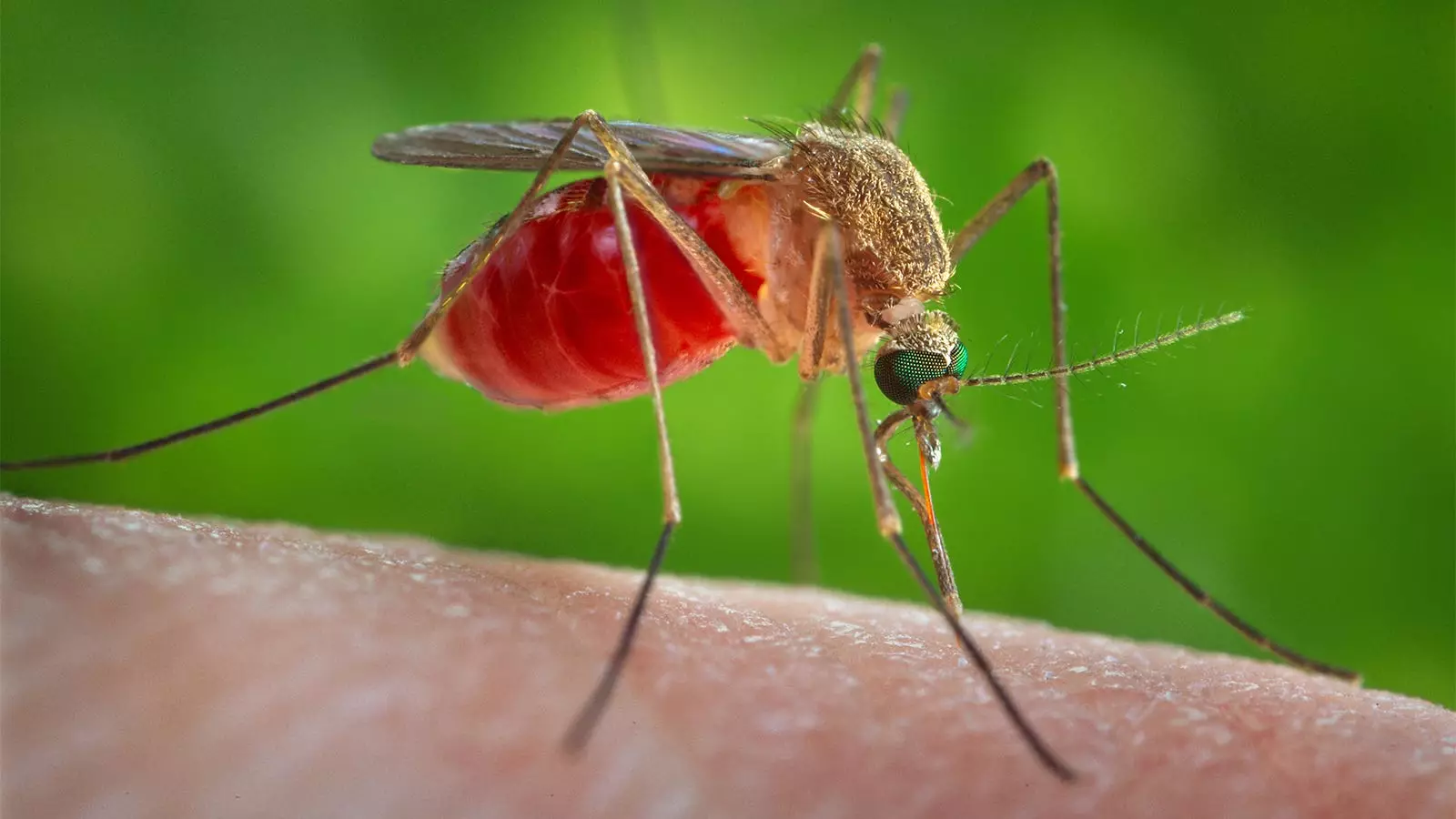The recent outbreak of Oropouche virus disease, commonly known as sloth fever, has raised concerns among U.S. health officials. More than 20 individuals returning from Cuba have been infected with this virus, transmitted by bugs in tropical areas, causing symptoms similar to dengue, Zika, or malaria.
Oropouche virus is a pathogen that originates in forested tropical regions. It was first discovered in 1955 in a forest worker in Trinidad and was named after a nearby village and wetlands. The virus is transmitted to humans by small biting flies called midges, as well as certain types of mosquitoes.
Humans typically become infected with Oropouche virus while visiting forested areas, but person-to-person transmission has not been confirmed. Recent outbreaks in South America and the Caribbean have caused approximately 8,000 locally acquired cases in countries like Bolivia, Brazil, Colombia, Cuba, and Peru. In the U.S., 21 cases have been reported, all of which originated from travel to Cuba.
Symptoms of Oropouche virus disease include fever, headaches, muscle aches, diarrhea, nausea, vomiting, and rash. Some individuals experience recurring symptoms, while severe cases may lead to bleeding, meningitis, or encephalitis. Treatment options are limited, as there are no vaccines or specific medications available.
Health officials in Brazil are investigating the possibility of vertical transmission of the virus from pregnant women to their unborn babies. This raises concerns similar to those seen during the Zika outbreaks. The CDC is advising pregnant women to avoid non-essential travel to Cuba and recommending all travelers take precautions to prevent bug bites, such as using insect repellents and wearing protective clothing.
The Oropouche virus outbreak serves as a reminder of the potential risks associated with traveling to tropical regions. It is crucial for individuals to be vigilant and take necessary precautions to protect themselves from mosquito and fly bites. As the situation continues to evolve, it is important for healthcare providers to remain alert to the symptoms of Oropouche virus disease and provide appropriate care for affected individuals.


Leave a Reply